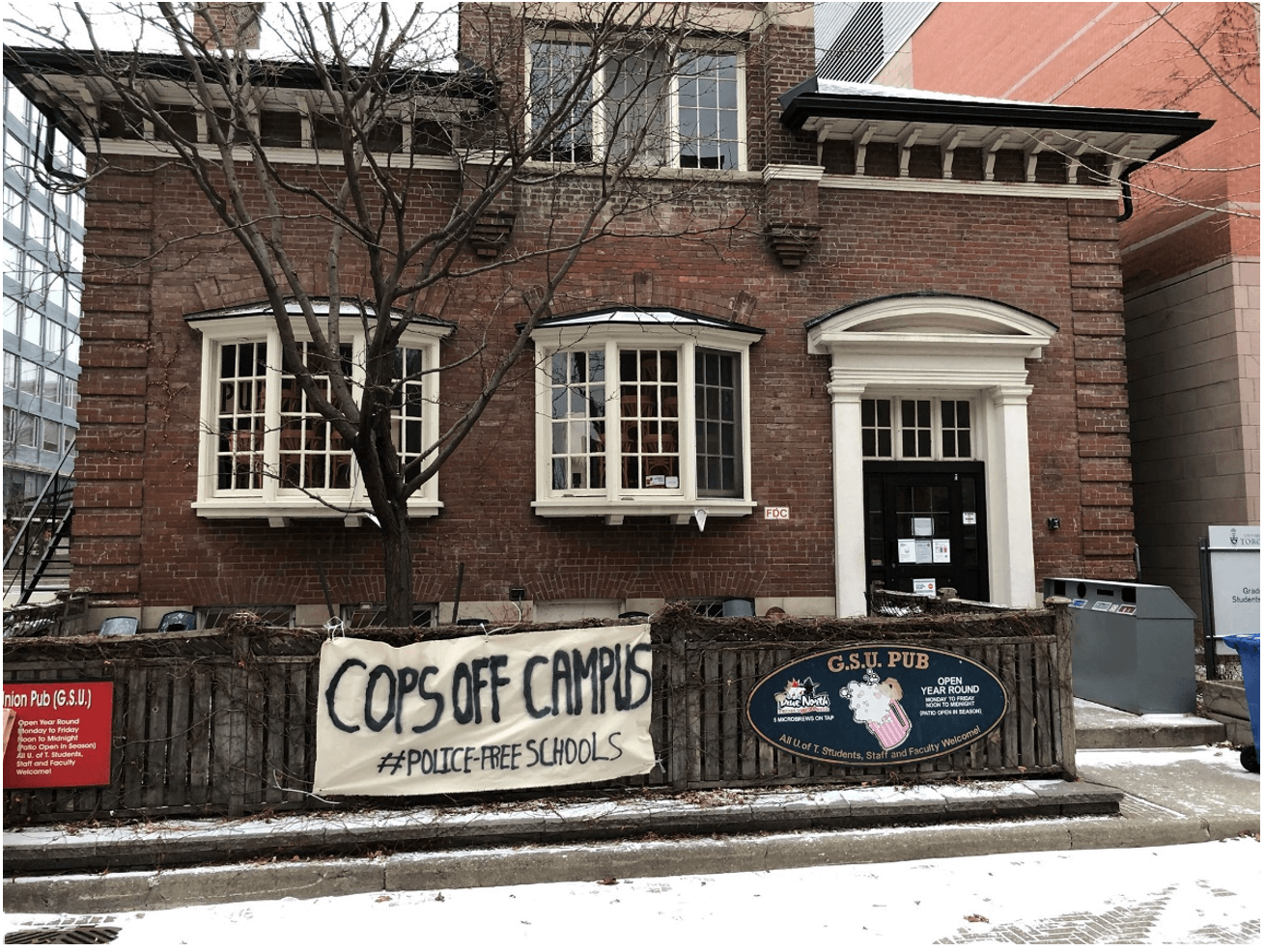
March 07, 2022
TORONTO — In a precedent-setting development, the University of Toronto has announced that it will finally begin withholding fees from the Graduate Students’ Union (GSU) over its policy of forcing students to fund boycott, divestment and sanctions (BDS) activities.
In a letter sent Friday, U of T Vice-President and Provost Cheryl Regehr announced that, beginning March 31, the University would withhold $10,918.36 of student fees earmarked for the GSU. This sum represents the University’s calculation of the amount spent annually by the GSU to promote the antisemitic BDS campaign against Israel.
The Provost’s decision is the outcome of a lengthy struggle waged by former Jewish graduate student Chaim Katz, with the support of B’nai Brith Canada. In February of 2021, the Complaint and Resolution Council for Student Societies (CRCSS), a body created by the University but composed of students, upheld Katz’s complaint that the GSU was engaging in discrimination based on nationality through its funding of BDS. After the GSU refused to implement its recommendations, the CRCSS issued a further decision confirming its prior stance on November 9, which in turn led to the Provost’s letter last week.
This is the first time in history that a Canadian university has withheld funding from a student union over its support for BDS, or antisemitism generally. Katz had argued that the University ought to have withheld the entire GSU fee, rather than only a portion of it, in line with its Policy on Compulsory Non-Academic Incidental Fees, which provides that “The University shall continue to collect fees on behalf of student societies only so long as the individual societies operate in an open, accessible and democratic fashion, following the terms of their constitutions.”
“Today marks a pivotal step forward in the struggle against antisemitism at U of T, and at Canadian universities more broadly,” said Michael Mostyn, Chief Executive Officer of B’nai Brith Canada. “While U of T should have gone further and withheld the entire fee, this is a positive precedent and a step in the right direction.
“I am relieved that U of T has finally decided to take some action on behalf of Jewish students,” said Chaim Katz, who filed the complaint that led to the decision. “While this outcome took far longer than it should have, it will hopefully make life easier for future generations of Jewish students.”
The Provost’s decision comes amid an ongoing and wide-ranging antisemitism crisis at U of T, including both student unions and other actors. Both the GSU and the Scarborough Campus Students’ Union have taken steps against increasing the availability of kosher food on campus, though both later backed down.
In May of last year, the University’s Temerty Faculty of Medicine took no action in response to concerns raised by Jewish students, who noted that Ritika Goel, recently hired to promote “social justice” within the faculty, had referred to support for Israel as a “barbaric cultural practice” and shared a cartoon depicting former Prime Minister Stephen Harper promoting Israeli Sodastream products while controlled by a puppeteer.
U of T’s Faculty of Law has also struggled with antisemitism. Some professors and students alleged a nefarious “Zionist” conspiracy to prevent a position being awarded to European anti-Israel academic Valentina Azarova. In October, one law professor publicly apologized for linking a Jewish judge involved in the saga to an infamous Nazi jurist, following withering criticism from B’nai Brith.
Teresa Zoric, President of the University of Toronto Faculty Association, claimed that an “entitled powerful Zionist minority” was engaged in “psychological warfare” against supporters of Azarova. Zoric issued a tepid half-apology months after making the statement, but the University never spoke out in defence of its Jewish faculty members. Zoric’s conduct is now the subject of a human rights complaint.
In December of last year, U of T released the report of its Antisemitism Working Group and then set out to implement its recommendations, but the report has been widely panned as insufficient by Jewish groups, including B’nai Brith.

